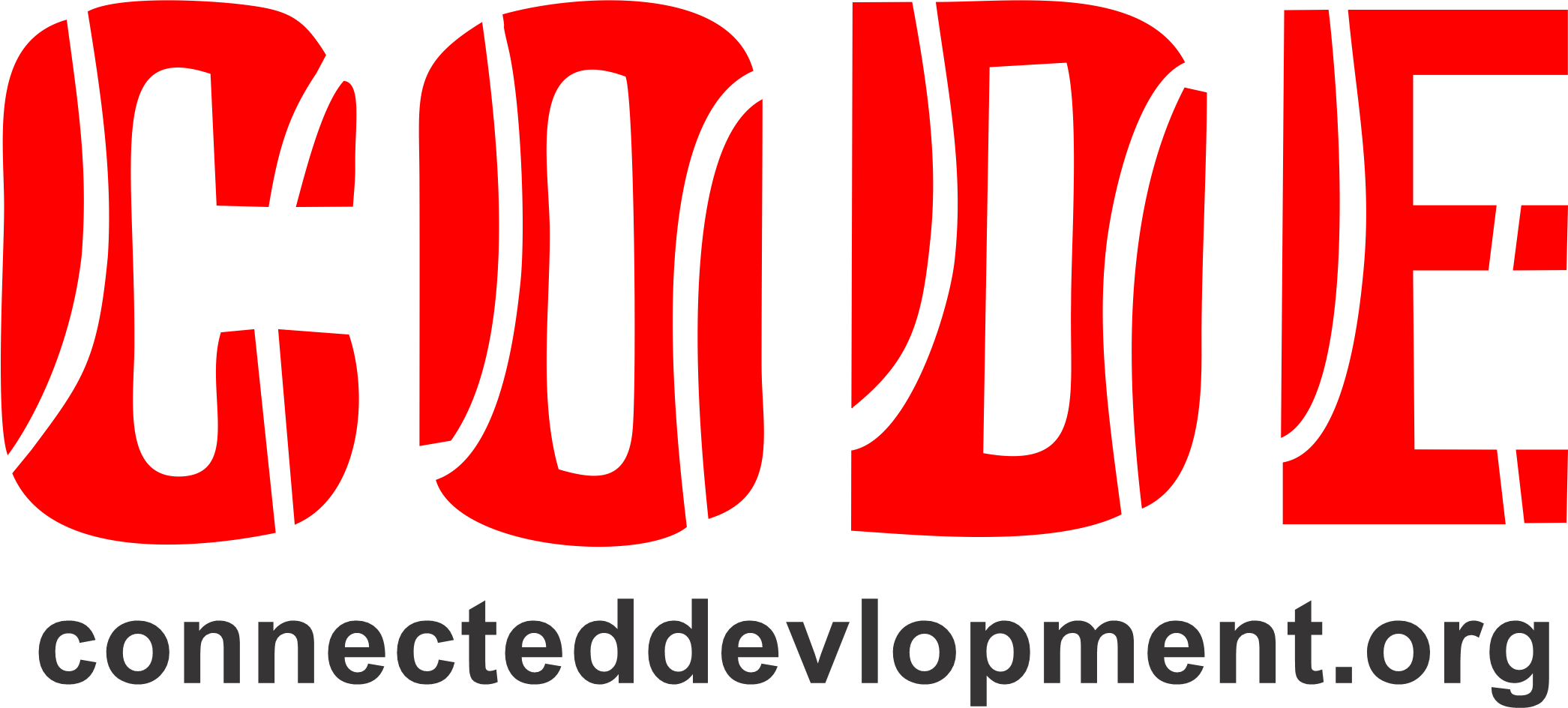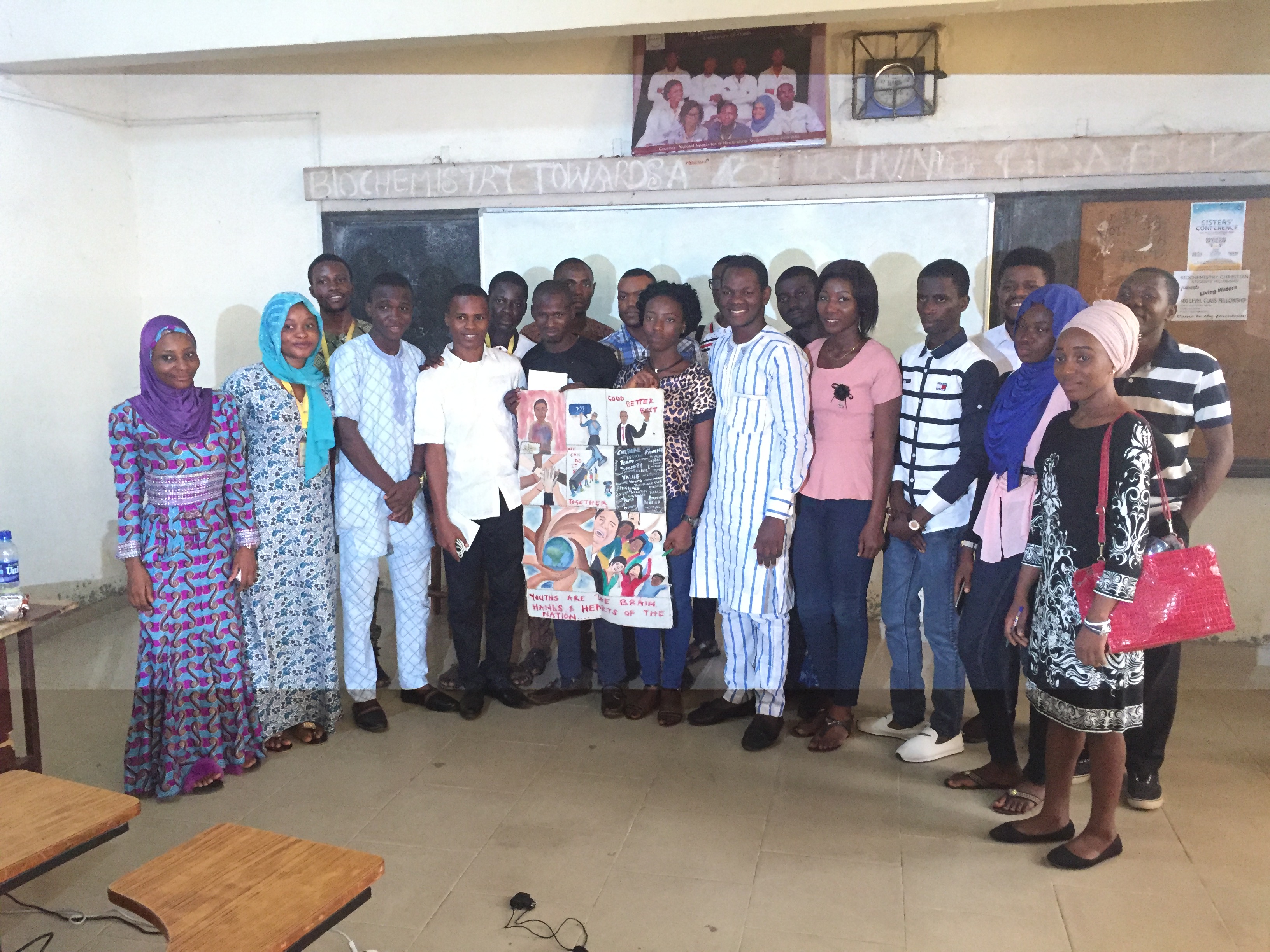- +234 09291 7545
- info@connecteddevelopment.org
[During one of our townhall meetings at Uratta Umuoha Community, Abia State – a key social accountability strategy through which we have enabled communities organize stakeholder engagements to facilitate the implementation of projects intended for them]
On the 11th of April 2017, the boardroom of MacArthur Foundation Nigeria was filled with several civil society actors on accountability, transparency and civic engagement. In attendance were over 30 representatives from domestic non-profits who are MacArthur grantees. They were there for a conversation with two accountability scholars, John Gaventa, and Walter Flores. An event in which staffers of MacArthur Foundation Headquarters joined virtually from the United States, the aim was to share ideas and have grantees move from tactical accountability approaches to more strategic approaches. As one of the representatives of Connected Development [CODE], I went in with several expectations which were met.
The conversation started with a presentation, Dancing the TAP Dance: Linking Transparency, Accountability and Participation, by Prof John Ganveta who teaches at the Institute of Development Studies, United Kingdom. He started with sharing key governance issues that led to the rise of accountability and transparency movement globally. Most of them encompass accountability deficit, democratic deficit and impecunious active citizen participation in governance. He then went on explaining how several tools such as ensuring service delivery, improving budgetary processes, ensuring open government, aid transparency and NGO accountability can be utilitarian in addressing these challenges. Addressing these challenges would consequently lead to better services through monitoring, improved democracy, reduced public service corruption, empowerment, human rights, greater access to information and challenging inequality.
Another presentation, Citizen-led Accountability: Power, Politics and Strategies, was by Dr Walter Flores of Center for the Study of Equity and Governance in Health Systems (CEGSS) who took time to share his organization’s works on accountability and challenging inequalities in Guatemala. He emphasised that the roles of transparency and accountability in curbing inequalities include turning citizens from passive to active users of services who can demand accountability from the government. According to him, when they started, they first of all started collecting data on how a particular faction of the society was being marginalized in getting services in drug stores and hospitals. The data was collected through sms, audio/visual evidence and they embarked on advocacy and engaged the government with such evidence for appropriate response. They also created channels of engagement for such citizens to discuss problems and implement solutions.
At a time, politics came into play and they were challenged by governmental authorities for not having the legitimacy to advocate for the communities. They then were forced to decentralize their operations to let citizens and communities lead it through their building capacities. Communities were then organized for monitoring. In a presentation in which he shared most of their successes, he finalized by stating that social accountability is crucial for accountability to work. And that in such work, it’s better to start with community organizing and rights literacy, while collective and participatory interventions, strategies and results are imperative.
After the phenomenal presentations were questions, comments and commitments from organizations present. In line with Dr Flores presentation, I made a remark on the effectiveness of his social accountability strategy which we use at CODE. At CODE, in tracking governmental expenditure in rural communities for service delivery, we start with rights literacy in the concerned communities and co-organize town hall meetings with their community leaders for conversation around the particular projects with implementing governmental agencies and contractors. The town hall meetings have helped to embed community ownership in our works and within the chain of our participatory strategies, communities are empowered to ensure these projects are implemented long after we have pulled out. Also in the same line, for sustainability, decentralization of our strategies and community ownership, we activated ifollowthemoney.org to mobilize young people in these communities to ensure governmental accountability themselves.
The conversation was quintessential and more of it are crucial with respect to capacity building of the civil society and sharing of ideas.
Chambers Umezulike is a Programme Manager at Connected Development and a Development Expert. He spends most of his time writing and choreographing researches on good and economic governance. He tweets via @Prof_Umezulike.

